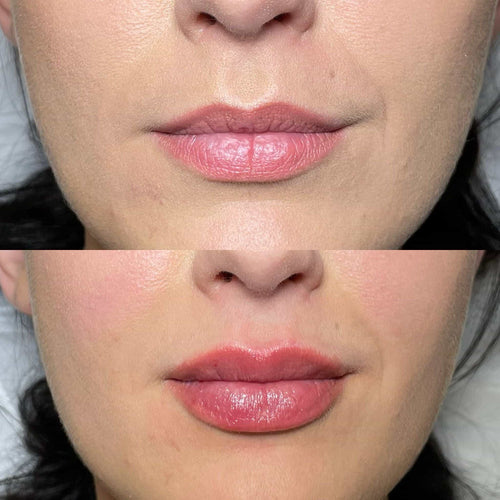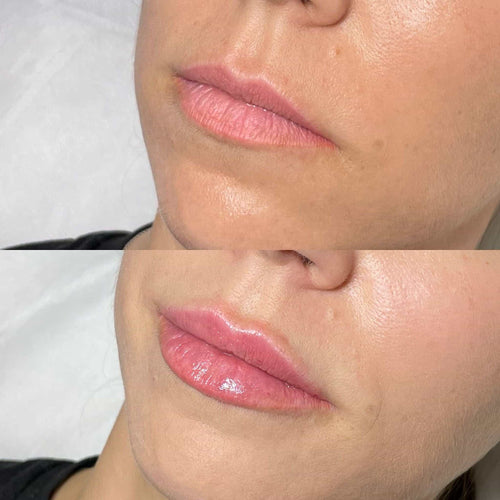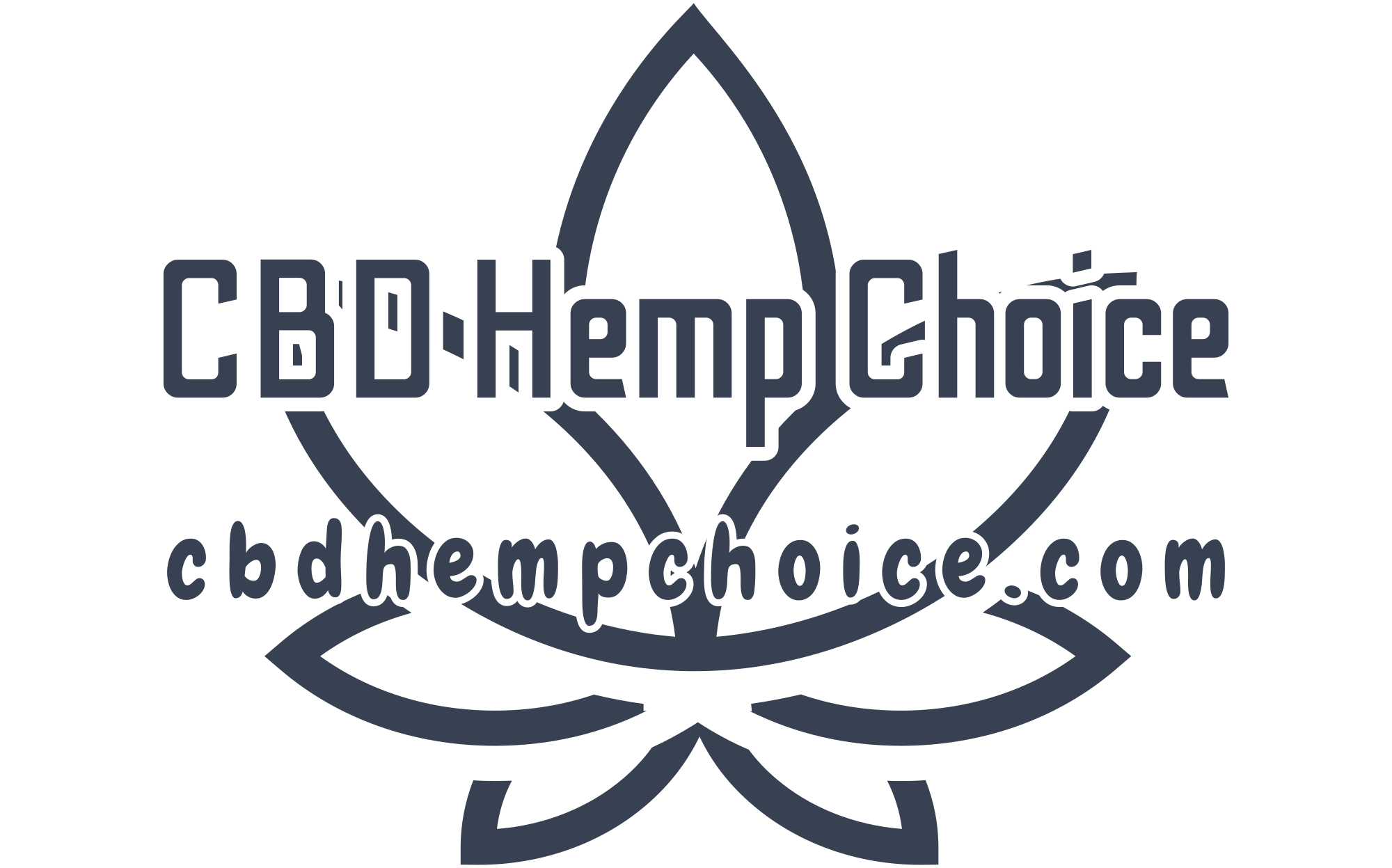Consult Dr. Laura Geige for Dermal Fillers at It’s Me and You Clinic
Factors Influencing Healing Time
Severity of Inflammation
Several factors influence both the healing time of nasal inflammation and the severity of the inflammatory response.
These include:
- Cause of Inflammation: Different triggers lead to varying healing times. Viral infections, like the common cold, typically resolve within a week or two. Allergic rhinitis can be chronic and require ongoing management. Bacterial sinusitis may take longer to heal, sometimes requiring antibiotics.
- Severity of Inflammation: Mild inflammation tends to subside quicker than severe cases. The extent of tissue damage and congestion directly impacts healing.
- Individual Health Status: Pre-existing conditions like diabetes or a weakened immune system can slow down healing.
- Age: Healing generally takes longer in older adults.
- Nutrition and Lifestyle: A balanced diet rich in vitamins and antioxidants supports the body’s natural repair processes. Adequate sleep, stress management, and regular exercise also contribute to faster healing.
- Medications: Decongestants and antihistamines can alleviate symptoms but don’t directly address the underlying inflammation. Corticosteroid nasal sprays reduce inflammation and may be prescribed for more persistent cases.
It’s important to consult a healthcare professional for proper diagnosis and treatment of nasal inflammation. They can assess your specific situation and recommend the most appropriate course of action to optimize healing and symptom relief.
Underlying Cause
The duration of nasal inflammation resolution depends on a multitude of factors, intricately interwoven with the underlying cause.
Common culprits behind nasal inflammation include viral infections like the common cold, allergic reactions triggered by pollen, dust mites, or pet dander, and bacterial sinusitis. Each etiology influences the healing timeline in distinct ways.
Viral infections generally resolve within 7-10 days, although nasal congestion and discomfort may persist for a couple of weeks.
Allergic rhinitis, on the other hand, can be a chronic condition, with symptoms recurring seasonally or year-round. Treatment focuses on managing triggers and inflammation rather than eradicating the underlying cause.
Bacterial sinusitis typically requires antibiotic therapy, which can alleviate symptoms within 5-7 days, but complete resolution may take several weeks.
Several individual factors further modulate healing time. The severity of inflammation, overall health status, and age play a role. Weakened immune systems, for instance, may prolong recovery.
Lifestyle choices also exert influence. Adequate hydration, proper nutrition, and sufficient rest support the body’s natural healing mechanisms.
In addition to the underlying cause and individual factors, environmental conditions can impact healing. Dry air can exacerbate nasal inflammation, while humid environments may provide some relief.
Finally, adherence to prescribed treatment regimens is paramount for optimal recovery. This includes taking medications as directed, using nasal sprays or rinses as instructed, and managing any lifestyle modifications recommended by a healthcare professional.
Individual Health Factors
Healing time for nasal inflammation, often caused by conditions like colds, allergies, or sinusitis, varies significantly from person to person.
Several factors can influence how quickly inflammation subsides:
- Age: Younger individuals typically heal faster than older adults.
- Overall Health: Individuals with pre-existing conditions like diabetes, autoimmune disorders, or weakened immune systems may experience slower healing.
- Severity of Inflammation: Mild inflammation usually resolves within a week or two, while more severe cases can take several weeks or even months to heal completely.
- Cause of Inflammation: Viral infections often resolve on their own within 7-10 days, while allergies and bacterial infections may require medication and could take longer to heal.
Additionally, individual health factors play a crucial role:
- Nutrition: A balanced diet rich in vitamins, minerals, and antioxidants supports the immune system and promotes healing.
- Hydration: Staying hydrated helps thin mucus and facilitates its clearance from the nasal passages.
- Sleep: Adequate sleep allows the body to repair and regenerate tissues.
- Stress Management: Chronic stress can weaken the immune system and hinder healing.
It’s important to consult a healthcare professional if nasal inflammation persists for more than two weeks or is accompanied by severe symptoms such as fever, facial pain, or thick, discolored nasal discharge.
Lifestyle Modifications for Faster Recovery
Rest and Hydration

Lifestyle modifications can significantly impact the speed and effectiveness of recovery from nasal inflammation.
Prioritizing rest allows your body to focus its energy on healing rather than other functions. Aim for 7-8 hours of quality sleep each night, ensuring a dark, quiet, and cool environment conducive to restful sleep.
Hydration is crucial for overall health and can help thin mucus, making it easier to drain. Drink plenty of fluids throughout the day, particularly water.
Maintaining a healthy diet rich in fruits, vegetables, and lean proteins provides essential nutrients that support immune function and tissue repair.

Reducing allergens and irritants in your environment can minimize inflammation. Identify and eliminate potential triggers like dust mites, pollen, pet dander, and smoke.
Using a humidifier or taking warm showers can help moisten nasal passages, easing congestion.
Saltwater rinses can also provide relief by flushing out irritants and mucus. Mix 1/4 to 1/2 teaspoon of salt in an 8-ounce cup of warm water and gently rinse your nasal passages several times a day.
Get Started with a Dermal Filler Consultation with Dr. Laura Geige
Managing stress through techniques like meditation, deep breathing exercises, or yoga can contribute to overall well-being and immune support.
Saline Nasal Irrigation
Recovery time from nasal inflammation varies greatly depending on the cause, individual health, and treatment approach. However, lifestyle modifications and certain remedies can significantly accelerate the healing process.
Here’s how lifestyle changes and saline nasal irrigation can help:
-
Hydration: Drinking plenty of fluids helps thin mucus, making it easier to drain and preventing congestion. Aim for at least 8 glasses of water per day.
-
Humidifier: Dry air can irritate nasal tissues. Using a humidifier adds moisture to the air, soothing inflammation and easing breathing difficulties.
-
Rest: Adequate rest allows your body to focus its energy on healing. Avoid strenuous activities and get 7-8 hours of sleep nightly.
-
Elevate Head: Sleeping with your head elevated can help drain mucus and reduce pressure in the nasal passages.
-
Avoid Irritants: Identify and avoid triggers that worsen inflammation, such as dust, pollen, smoke, strong odors, and certain fabrics.
**Saline Nasal Irrigation:**
This involves rinsing your nasal passages with a saline (salt) solution. Here’s why it’s beneficial:
-
Cleanses the Nasal Passages: Saline solutions effectively remove mucus, allergens, irritants, and bacteria from the nasal cavity.
-
Hydrates Nasal Tissues: The saline solution helps keep nasal tissues moist, reducing dryness and irritation.
-
Reduces Swelling: Saline irrigation can help reduce inflammation and swelling in the nasal passages.
It’s important to consult with a doctor to determine the underlying cause of your nasal inflammation. They can recommend the most appropriate treatment plan, including whether saline irrigation is suitable for you.
Humidifier Use
Nasal inflammation, or rhinitis, can be caused by various factors like allergies, infections, irritants, and even stress. While duration varies depending on the underlying cause, lifestyle modifications and proper care can significantly speed up recovery.
Here are some lifestyle changes that can help:
**1. Hydration:** Drinking plenty of fluids, especially water, thins mucus and aids drainage, easing congestion.
**2. Rest:** Adequate sleep allows your body to focus on healing and fighting inflammation.
**3. Saline Rinse:** Using a saline nasal spray or neti pot gently cleanses the nasal passages, removing irritants and allergens.
**4. Humidifier:** A cool-mist humidifier adds moisture to the air, which can soothe irritated tissues and reduce dryness. This is especially helpful if you live in a dry climate or use heating systems that dry out the air.
**5. Avoiding Triggers:** Identify and minimize exposure to allergens, irritants like smoke or perfume, and other potential triggers for nasal inflammation.
**6. Gentle Nasal Care:** Avoid harsh tissues, which can further irritate nasal passages. Opt for soft tissues or a saline spray for cleansing.
While these modifications can promote healing, consult a doctor for persistent or severe symptoms to rule out underlying medical conditions and discuss appropriate treatment options.
When to Seek Medical Attention
Prolonged Symptoms
Determining when to seek medical attention for prolonged nasal inflammation depends on a variety of factors, including the severity of symptoms, underlying causes, and individual health status. While some mild cases might resolve on their own within a week or two with home care, persistent or worsening symptoms warrant professional evaluation.
Here are some general guidelines:
Seek immediate medical attention if you experience any of the following:
– Severe nasal congestion that obstructs breathing
– Facial pain or swelling
– High fever (over 102°F or 39°C)
– Bloody discharge from the nose
– Headache accompanied by stiff neck, confusion, or seizures
Consider seeing a doctor if:
– Nasal inflammation lasts longer than two weeks
– Symptoms worsen despite home remedies
– You experience recurrent episodes of nasal inflammation
– Your symptoms significantly impact your daily life or sleep quality
Prolonged nasal inflammation can have various underlying causes, including:
• Viral or bacterial infections: Most cases are caused by common colds or sinus infections.
• Allergies: Pollen, dust mites, pet dander, and other allergens can trigger inflammation.
• Nasal polyps: Noncancerous growths in the nasal passages.
• Deviated septum: A crooked wall that separates the nasal passages.
Schedule a Dermal Filler Consultation with Dr. Laura Geige
• Other medical conditions: Conditions like asthma, cystic fibrosis, or certain autoimmune diseases can contribute to nasal inflammation.
Early diagnosis and treatment are crucial for managing prolonged nasal inflammation effectively and preventing complications.
Remember, this information is not a substitute for professional medical advice. If you have concerns about your health, please consult a healthcare provider.
Severe Symptoms
Determining when to seek medical attention for nasal inflammation depends on the severity and duration of symptoms. While mild nasal inflammation often resolves on its own within a week or two, certain signs warrant immediate medical evaluation.
Severe symptoms that require prompt medical attention include:
• **Facial pain or swelling:** This can indicate a sinus infection or other complication requiring antibiotic treatment.
• **High fever:** A fever above 102°F (38.9°C) may signal a more serious underlying infection.
• **Difficulty breathing:** Nasal congestion so severe that it obstructs breathing, particularly in children, requires urgent medical attention.
• **Persistent bleeding from the nose:** If bleeding lasts for more than 20 minutes or occurs frequently, consult a doctor.
• **Thick, discolored nasal discharge:** Yellow or green mucus may indicate an infection that needs treatment.
• **Headache accompanied by stiff neck and confusion:** These symptoms could suggest meningitis, a life-threatening condition requiring immediate medical care.
• **Sudden onset of severe headache and vision changes:** This may be a sign of a rare but serious complication called a subarachnoid hemorrhage. Seek emergency medical attention immediately.
If you experience any of these severe symptoms, seek medical attention promptly. Early diagnosis and treatment can prevent complications and improve outcomes.
Recurrent Inflammation
Recurrent nasal inflammation, also known as rhinitis, can be a persistent and bothersome condition. Determining when to seek medical attention depends on the severity, duration, and underlying causes of the inflammation.
**Nasal inflammation** is characterized by swelling and irritation of the tissues lining the nose. It can be caused by various factors, including allergies, infections, irritants, or structural abnormalities.
Most cases of acute nasal inflammation resolve within a few days to weeks without medical intervention. However, recurrent or persistent inflammation may warrant a visit to a doctor.
Here are some situations when you should seek medical attention for recurrent nasal inflammation:
-
**Persistent Symptoms:** If your symptoms last longer than 10-14 days or recur frequently, it’s important to consult a doctor. Prolonged inflammation can indicate an underlying condition that requires treatment.
-
**Severe Symptoms:** Experiencing severe nasal congestion, pain, bleeding, or difficulty breathing warrants immediate medical attention.
-
Fever:**** A high fever accompanying nasal inflammation may suggest a bacterial infection and requires prompt evaluation.
-
**Facial Swelling:** Swelling around the eyes, cheeks, or forehead, especially if accompanied by other symptoms, could indicate a more serious condition.
-
Sinus Pressure: Persistent sinus pressure, headaches, and facial pain may require treatment for sinusitis.
A doctor will conduct a physical examination and may order further tests, such as nasal swabs or imaging studies, to determine the cause of your recurrent inflammation. Based on the diagnosis, they will recommend appropriate treatment options, which may include:
-
Medications: Antihistamines, decongestants, corticosteroids, or antibiotics may be prescribed depending on the underlying cause.
-
**Allergy Management: If allergies are a contributing factor, allergy testing and immunotherapy may be recommended.
-
Lifestyle Modifications: Avoiding triggers such as dust mites, pollen, or smoke can help reduce inflammation.
It’s essential to seek prompt medical attention if you experience recurrent nasal inflammation, especially if symptoms are severe or accompanied by concerning signs. Early diagnosis and treatment can help prevent complications and improve your overall well-being.
Melissa J Design Melissa J Design Elizabeth Joy Photo Audrey’s JL Yummalicious Food
- Sculptra Surrey – Collagen Stimulation Therapy Near Bisley, Surrey - May 31, 2025
- Nasolabial Fold Fillers – Marionette Lines Near Tatsfield, Surrey - May 30, 2025
- The Dark Side Of Breadcrumbing And How To Break Free - May 30, 2025
